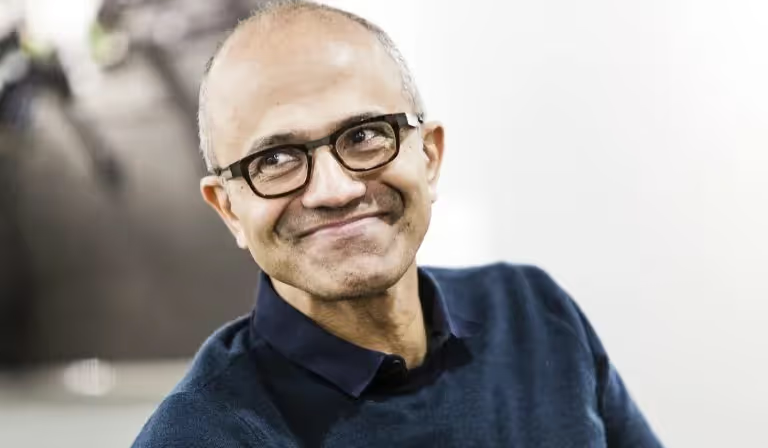In a new report released on Tuesday, Microsoft revealed to the world that growth doesn’t have to come at the expense of inclusion. In fact, the two go hand in hand.
“The Microsoft Diversity and Inclusion Report,” published on Microsoft’s blog by Chief Diversity Officer Lindsay-Rae McIntyre, details the company’s ongoing efforts to diversify its workforce and help all employees feel like they belong.
“In 2019, we made progress on our diversity and inclusion objectives, as reflected in the numbers,” McIntyre wrote in the accompanying blog post. “But there is another part of our journey that year-over-year data can’t convey: the depth of our commitment and the range of programs in place to keep diversity and inclusion at the heart of the work we do.”
Transformation across the organization
Microsoft began working with the NeuroLeadership Institute in 2016 to develop the tech giant’s growth mindset culture, transform its leadership model, and, most recently, develop its global allyship program. This last component “puts the focus on pushing ourselves to be informed, consistent, and empathetic practitioners of inclusion in service of others’ needs,” the report states, “rather than simply calling ourselves allies without being aware of what someone experiencing noninclusive behavior might want.”
For instance, someone may call themselves an “ally” but unintentionally use language that causes someone to feel unseen or respected. Part of Microsoft’s growth-mindset journey has been to create common language that helps employees learn about these blind spots, and work to correct them in future encounters.
Among the other innovations McIntyre details in her blog post is the company’s Inclusion Index. It’s an “internal sentiment measure that helps us understand the effectiveness of company efforts by measuring employee perceptions about their experiences at Microsoft.” According to the report, 88% of employees report positive sentiments around measures of authenticity, belonging, and a belief in Microsoft’s commitment to diversity.
Even here, McIntyre’s growth mindset compels her to focus on improvement.
“With our scale and global reach, this is a positive indicator,” she notes, “but we know we have a responsibility to engage those who are not part of that 88%.”
See Lindsay-Rae McIntyre and others speak at this year’s NeuroLeadership Summit by registering online here.




.avif)



